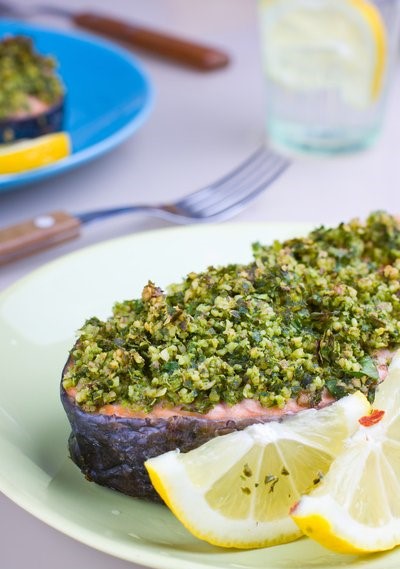The Mediterranean Diet is not just a way of eating; it’s a lifestyle celebrated for its heart-healthy benefits and delectable flavors. Rooted in the traditional dietary patterns of countries bordering the Mediterranean Sea, this approach to nutrition offers a delicious and nourishing path to overall wellness.
 Nutrition Advice:
Nutrition Advice:
The Mediterranean Diet places emphasis on whole, unprocessed foods, abundant fruits and vegetables, and heart-healthy fats. Key nutrition advice includes:
-
Olive Oil: Replace saturated fats with olive oil, a cornerstone of this diet. It is rich in monounsaturated fats and antioxidants.
-
Abundance of Fruits and Vegetables: Aim to fill your plate with a variety of colorful fruits and vegetables, providing essential vitamins, minerals, and antioxidants.
-
Lean Proteins: Incorporate fish, poultry, beans, and legumes as primary protein sources. Fish, especially fatty fish like salmon, is rich in omega-3 fatty acids.
-
Whole Grains: Choose whole grains like brown rice, quinoa, and whole wheat bread for a good source of fiber and nutrients.
-
Nuts and Seeds: Enjoy a handful of nuts and seeds as snacks or additions to meals, providing healthy fats and additional nutrients.
Meal Planning:
Create a sample day of Mediterranean-inspired meals:
Breakfast:
- Greek yogurt with honey and mixed berries.
- Whole-grain toast with avocado.
Lunch:
- Grilled chicken or chickpea salad with tomatoes, cucumbers, and feta cheese.
- Quinoa or bulgur as a side.
Snack:
- Hummus with carrot and cucumber sticks.
- Handful of mixed nuts.
Dinner:
- Baked or grilled fish (such as salmon or cod).
- Roasted vegetables with olive oil and herbs.
- Mediterranean quinoa salad with olives and cherry tomatoes.
Dessert:
- Fresh fruit or a small serving of Greek yogurt with a drizzle of honey.
Healthy Food Choices:
-
Oily Fish: Salmon, sardines, and mackerel are rich in omega-3 fatty acids.
-
Leafy Greens: Spinach, kale, and Swiss chard offer a plethora of vitamins and minerals.
-
Whole Grains: Choose options like whole wheat, barley, and oats.
-
Legumes: Lentils, chickpeas, and black beans are excellent sources of plant-based protein.
-
Fruits: Berries, citrus fruits, and apples are delicious and nutritious choices.
Benefits of the Mediterranean Diet:
-
Heart Health: The diet is associated with a lower risk of heart disease and stroke.
-
Weight Management: Its emphasis on whole, nutrient-dense foods supports healthy weight maintenance.
-
Longevity: Countries following this diet often have higher life expectancies.
In conclusion, the Mediterranean Diet is not just about the food on your plate; it’s a celebration of good health and a shared enjoyment of life. By embracing this flavorful and nutritious lifestyle, you can savor both the taste and the well-being it brings.









